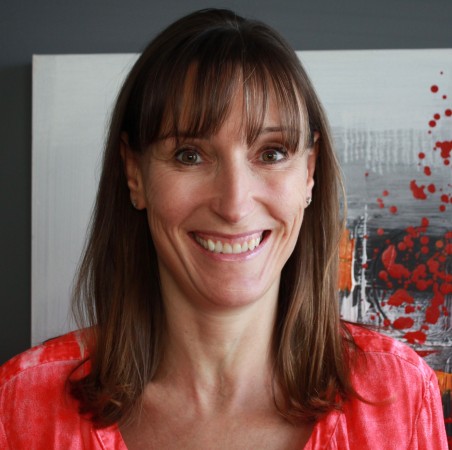In 1987 at age 18 I headed off to university to study engineering full of the belief that girls could do as well as boys and the world was my oyster. I was one of seven girls in an engineering department of about 200. I felt like a pioneer.
Now it’s 2016. The percentage of female engineering graduates has barely increased and occasionally I feel like stepping out of the STEM (Science, Technology, Engineering, Math) sector for good. I have achieved my goal of growing and running a technology business. And it really wasn’t what I expected.
If I could talk to my 18-year-old self she would probably be a little disappointed. She was told that girls and boys are the same and can achieve the same things. Thirty years of experience has taught me otherwise.
Girls are NOT like boys in many ways including business and their careers. Our core motivations are often different. So much so, in fact, that I’ve often considered writing an article called “Maslow’s hierarchy of needs is sexist.” (If you haven’t been to business school and/or are unfamiliar with this wildly antiquated, sexist theory, it’s worth reading as it is still regular course curriculum for many a budding managerial mind.)
My 18-year-old-self believed she needed to simply meet Maslow’s pyramid of lower level needs: physiological; safety; belonging; and love, and then steam right on to self-actualization.
Self-actualization is the goal and the approved standard of living a full career life. And it works for most men.
But what happens when a successful woman has children? Immediately she is conflicted and thrown back to the lower part of the pyramid of un-met “belonging and love” needs (not just for her but in terms of providing that for her children).
In terms of friends, she finds she quickly belongs to the “working mother” or “at home mother” – both groups that tend to judge the other harshly.
One of my favourite quotes is: “The obligation for working mothers is a very precise one: the feeling that one ought to work as if one did not have children, while raising one’s children as if one did not have a job.” – Annabel Crabb, The Wife Drought.
The working world has not changed enough to offer meaningful part time work to those highly educated and career seeking mothers of my generation who were sold the equality dream. Many of us just don’t feel right leaving their young children in the hands of another in order to Lean In, as Sheryl Sandburg would have us do.
Society is still very hard on women who choose to work. And the working world still offers very little in the way of part time meaningful jobs at a decent rate of pay.
Even for those women who choose not to have children, a similar challenge occurs if an aging parent needs help. Society expects women to be nurturing and women tend to expect this of themselves and feel guilty if they cannot provide that quality for the people they care about.
If like me, you have the luxury of creating your own work life definition by growing a business on your own terms, things can sometimes feel very lonely. The entrepreneurial sector or STEM is very male-dominated. Connecting with like-minded individuals, who face the same challenges of fully being there for the family whilst driving a business forward, can be tough.
Female friends who aren’t entrepreneurial business owners are often hard to relate to too. We live in different worlds with different challenges and even when we are able to squeeze in time to catch up it’s another gap to bridge.
Self-actualization for a man in the enterprise software sector (where I am) typically involves “going hard” and creating a billion dollar business at all costs.
I hope to challenge that thinking.
I am trying to create a business that creates meaningful work for all employees male AND female.
I’m passionate about providing part time and flexible hours to parents of both sexes so that we can have the best of both worlds.
People aren’t boxes on an org chart or disposable assets on the path to a billion dollar valuation. I have a fundamental belief that unlocking the untapped potential in both men and women in ways that don’t conflict with their values beats a race to a gi-normous valuation every time.
Let’s challenge the self-centered mindset and focus on a people-actualization mindset for male and female, young and old. This shift in our approach to the STEM sectors would help everyone flower.
About Sarah Perry
Sarah Perry is CEO of SnapComms, an award-winning company that develops employee communications software that bypasses e-mail to put important messages in front of employees on any device, anywhere. It has more than 1.3 million paid enterprise users in more than 45 countries.

